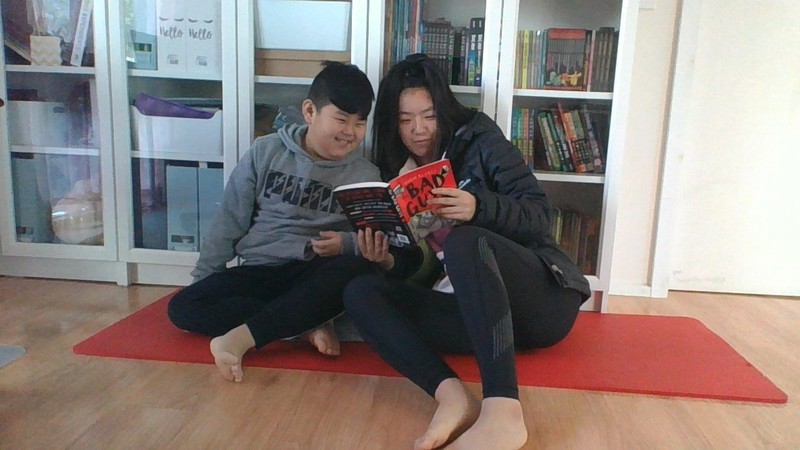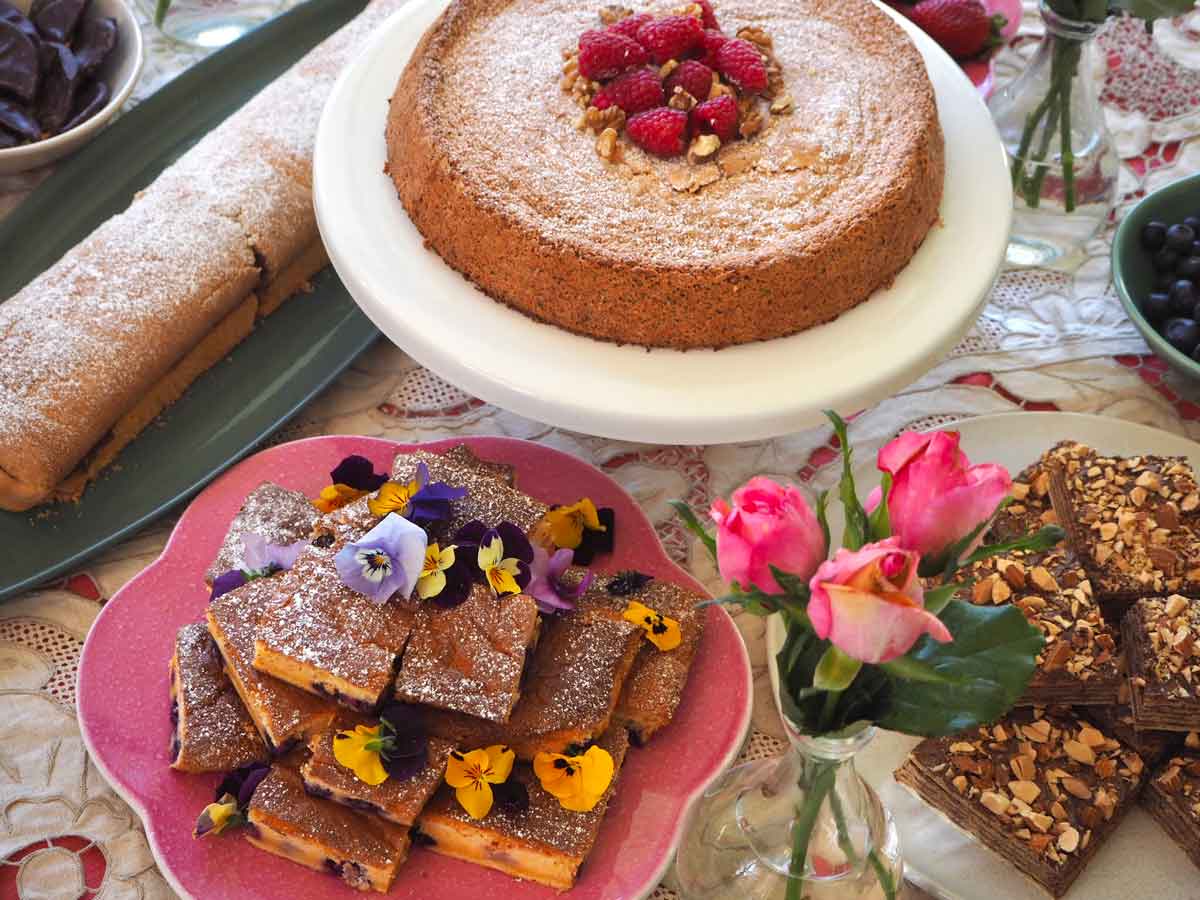
Wesley students increasingly are being encouraged to become empathetic global citizens, writes Barbara Cosson in The Age.
Scholarships are about opportunities, opening up access to everything a school has to offer including, in the case of Wesley College, access to its International Baccalaureate program (IB). Wesley is one of the few schools to offer the IB from kindergarten through Year 12, providing the learning framework for developing inquiring minds and students with a world view. All middle-year students participate in the IB program at Wesley, which includes a service component requiring them to take their learning from the classroom into the community.
'The students undertake a project which challenges them to show initiative, demonstrate perseverance and develop skills such as collaboration, problem solving and decision making,' says Annie Johnstone, one of the school’s service-as-action co-ordinators. 'However, during the COVID-19 lockdown, this was particularly challenging for students forced to learn from home, as they would usually have access to the whole school community to lead a range of fundraising and advocacy campaigns.'
To help them, Johnstone and fellow co-ordinators Michael Nash and Jillian Berchtenbreiter devised a gamified ‘service century’ campaign where students earned points for acts of service.
'This could include direct, indirect, research or advocacy activities,' explains Berchtenbreiter. While students came up with ideas to support their peers’ wellbeing, such as quizzes and other 'brain break' activities, Year 8 scholarship student Anita Ren decided to help her nine-year-old brother with his required reading and take some of the burden off her parents who were both working from home. 'I would ask him questions about the books to make sure he understood what we were reading,' says Anita.
This commitment to service continues beyond the students’ middle years and into Years 11 and 12 when they choose between the IB Diploma and the VCE.
During lockdown, when bread making became popular, Year 11 student Mia Moshinsky started baking cakes, but this was baking with a difference. The recipes were devised by her great grandmother Blanka who, drawing on memory and trial and error, recreated the traditional Czechoslovakian cakes of her youth. Videos of Blanka cooking and her handwritten recipes became resources for an eCookbook that Mia aimed to sell online.
'I realised that creating a cookbook was an ideal opportunity to preserve Blanka’s baking legacy and the collaboration with my grandmother and great-grandmother meant it was a fantastic way to remain connected when we were forced to be apart,' Mia says.
Mia baked and then delivered a piece of each cake to the aged care facility where Blanka, a Holocaust survivor, would give her imprimatur. As well as developing the cookbook, and photographing the cakes, Mia created a website and promoted the book on Instagram. Funds raised go to Blanka’s aged care facility as an expression of gratitude for the care given to residents during the pandemic.

For Wesley, these acts of service, whether large or small, demonstrate the effectiveness of the IB framework in creating a service mindset which students carry with them well beyond their schooling.
This story originally appeared in The Age.
Scholarships at Wesley College are now open for applications.
